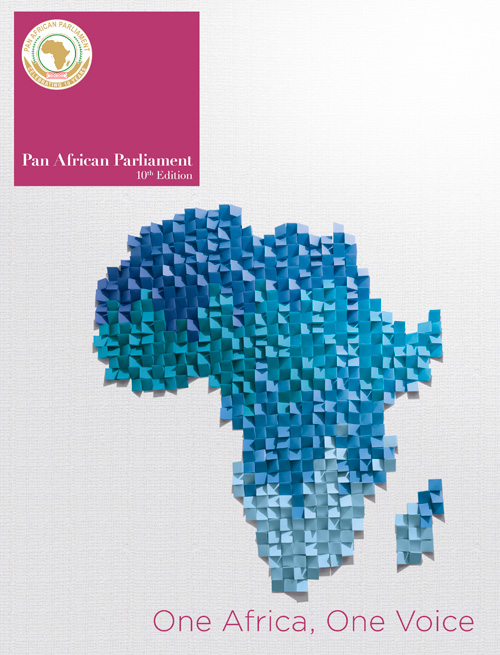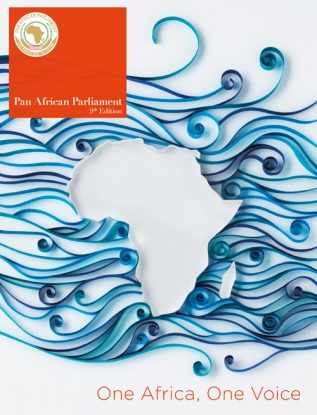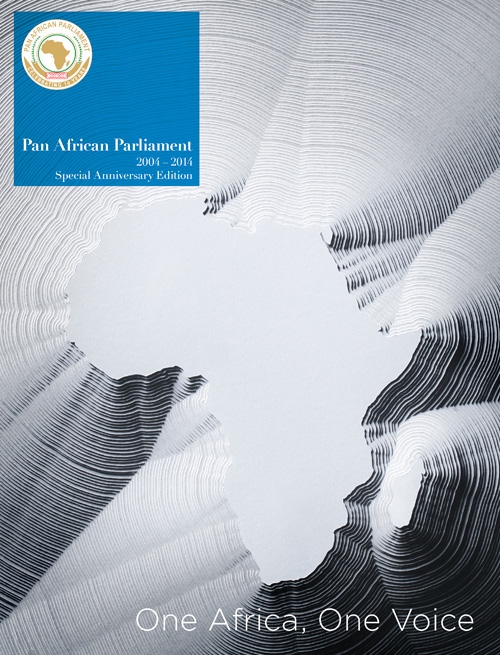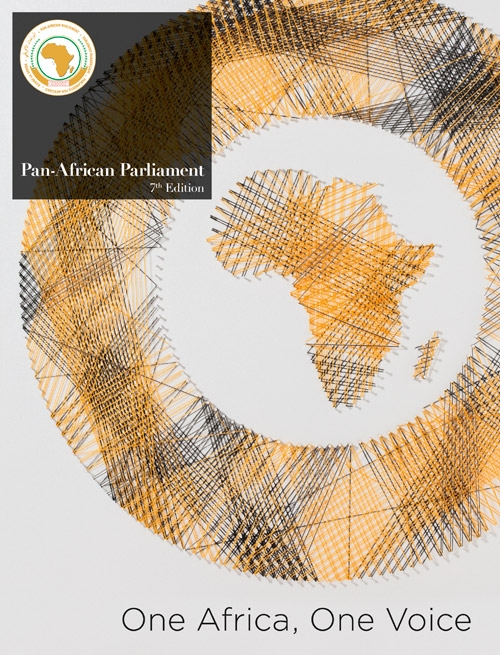
The AU’s Department of Political Affairs organised a briefing session for the PAP Committee Members to explain the concept of transitional justice and the PAP’s role in the development, adoption and popularisation of the AU Transitional Justice Policy Framework.
The first speaker, Sufiya Bray, from the Centre for the Study of Violence and Reconciliation, started by describing ‘transitional justice’ as defined by the UN: ‘[It’s] the full range of processes and mechanisms associated with a society’s attempt to come to terms with a legacy of large-scale past abuses, in order to ensure accountability, serve justice and achieve reconciliation. It consists of both judicial and non-judicial processes and mechanisms, including prosecution initiatives, facilitating initiatives in respect of the right to truth, delivering reparations, institutional reform and national consultations.’
Bray further explained that the objectives for transitional justice included providing victims with a public platform; holding perpetrators accountable; strengthening the rule of law; offering victims compensation; effecting institutional reforms; and promoting reconciliation and public deliberation within national and regional contexts.
A particular innovation of transitional justice was the appearance of truth commissions that first appeared in Argentina in 1983, Chile in 1990, and South Africa in 1995. Truth commissions have become a symbol of transitional justice.
The PAP should be used to popularise it within its respective National Parliaments
Africa has specific challenges around transitional justice, and to address them, the AU made the decision to embark on a process to develop a Transitional Justice Policy Framework. Bray explained that the framework will act as a practical and actionable tool that will prevent a direct focus on one specific transitional justice mechanism and allow for a more holistic approach, using unique interventions or a combination of them.
Bray concluded by saying that the framework seeks to guide the AU on how it can complement the capacity of Member States to implement transitional justice processes and realise their obligations at a national and continental level.
Dr Salah Hammah, a human rights expert, focused his presentation on the framework itself. The purpose of developing this framework was to improve the efficacy of the efforts of African societies emerging from conflicts and oppressive rule, and to lay the foundations for accountability, social justice and sustainable reconciliation. The development of the framework is, according to Hammah, another step in adhering to the AU’s mandate to combat impunity and promote peace, justice and reconciliation in Africa – and the PAP’s role in this development is crucial.
As the principle legislation body in the AU, it is ideally positioned to influence the adoption of a tool that will promote a holistic approach to transitional justice processes.
At the end of the briefing, the PAP Members recommended that the framework needed to be formally presented during the 2014 October PAP session; and that once the framework had been adopted by the AU, the PAP should be used to popularise it within its respective National Parliaments.
Finally, PAP members made the recommendation that the AU should develop a specific set of guidelines for the establishment of truth commissions in Africa and another set for the effective implementation of reparation for victims.







